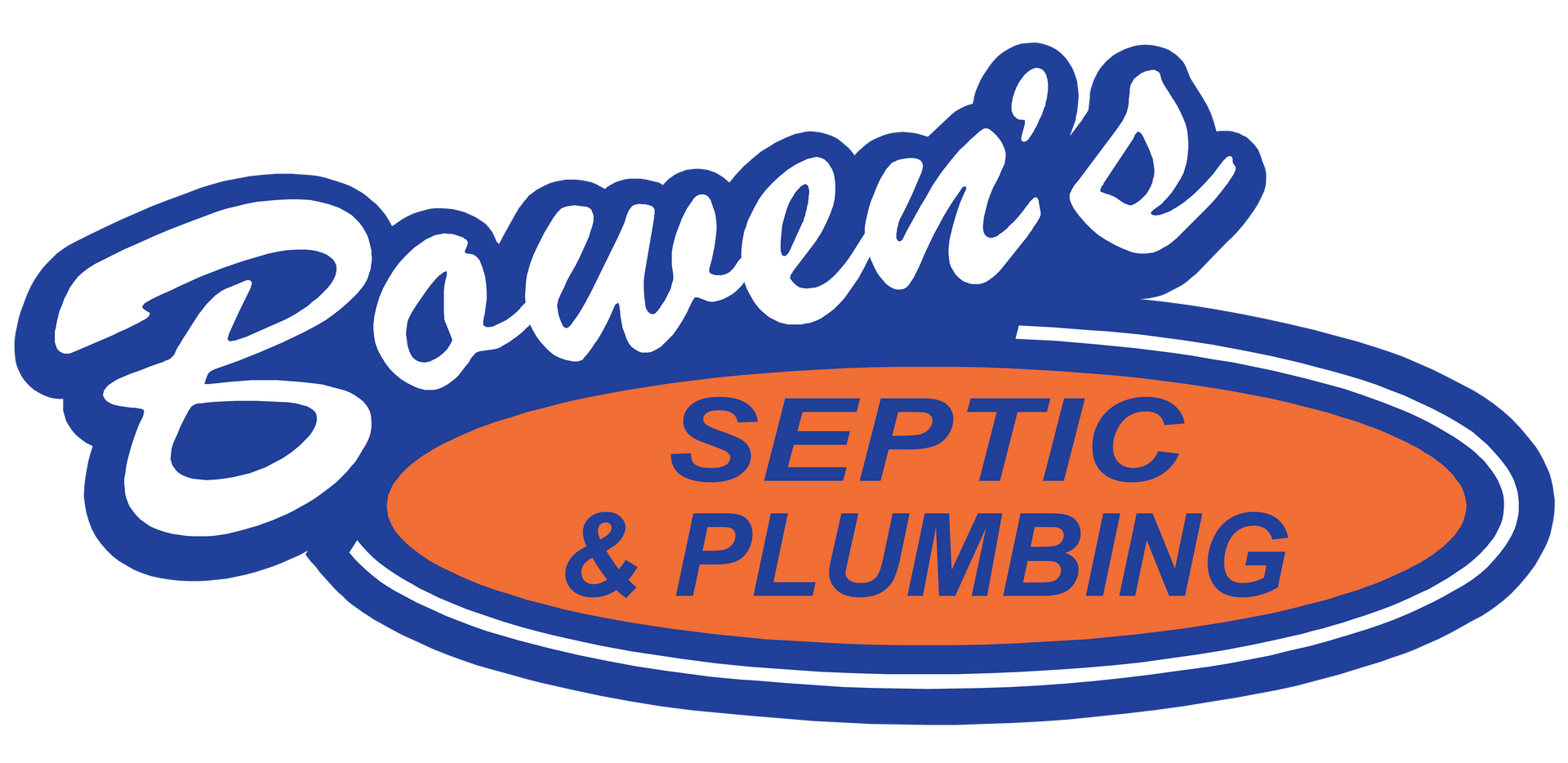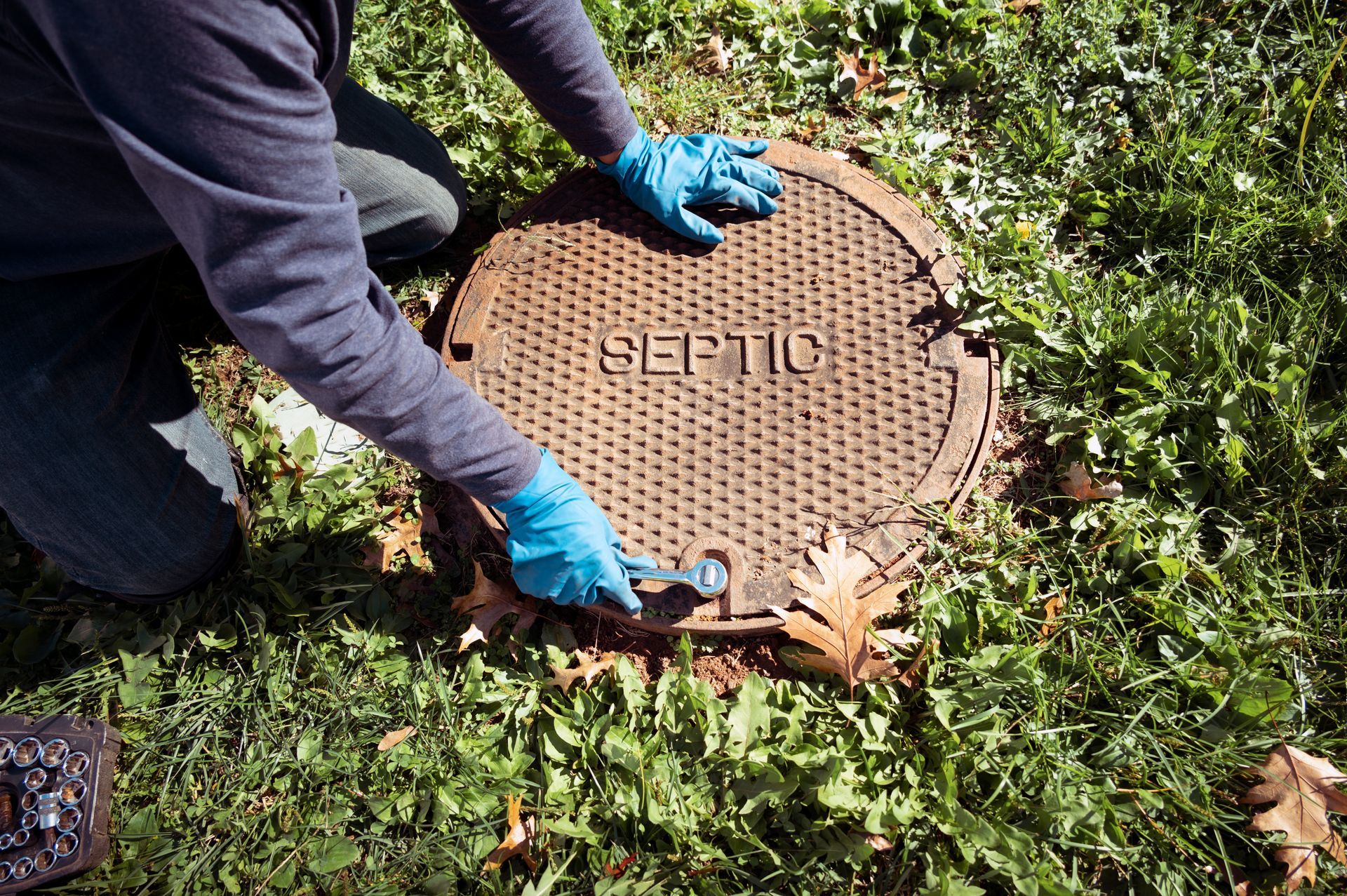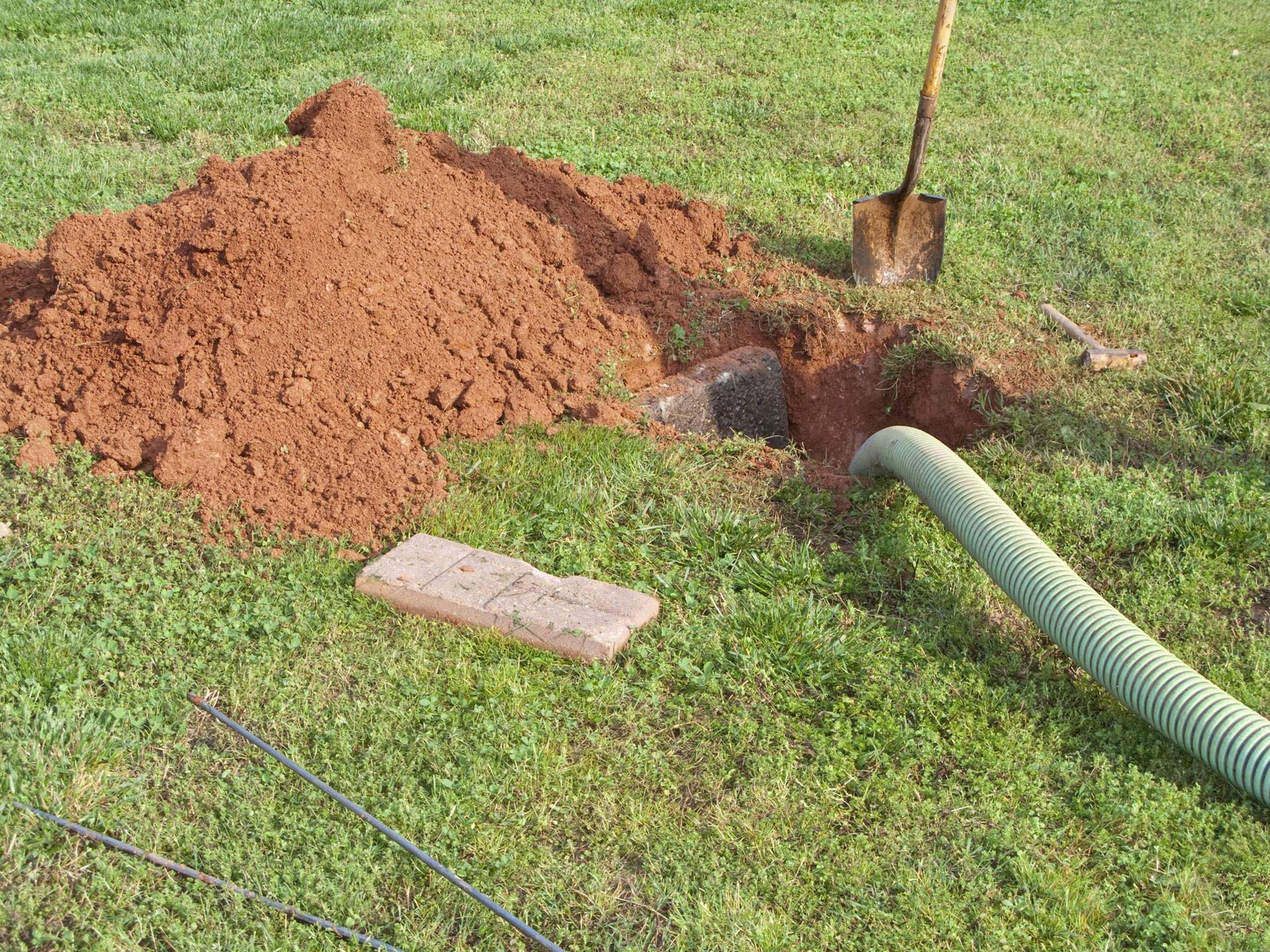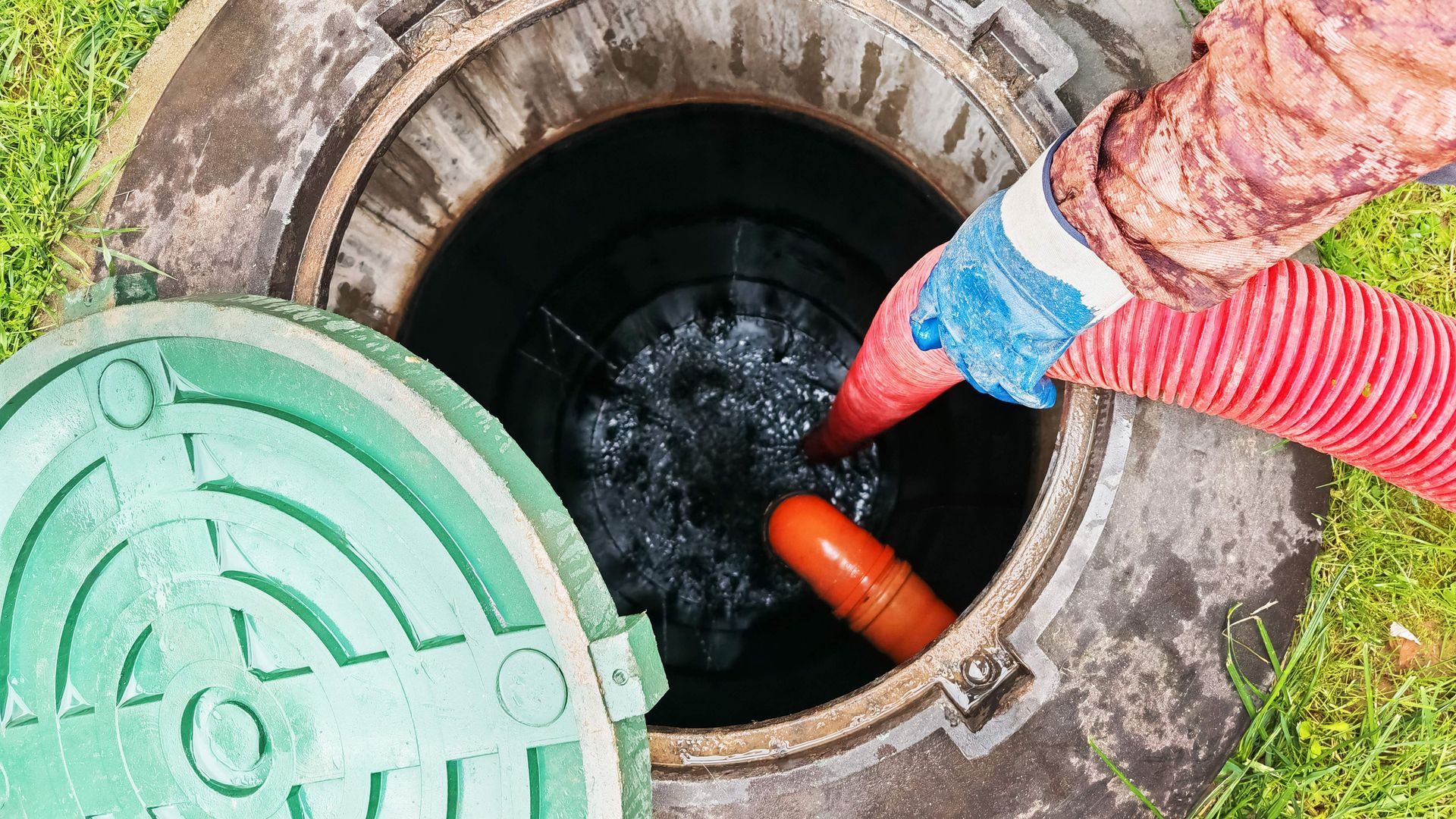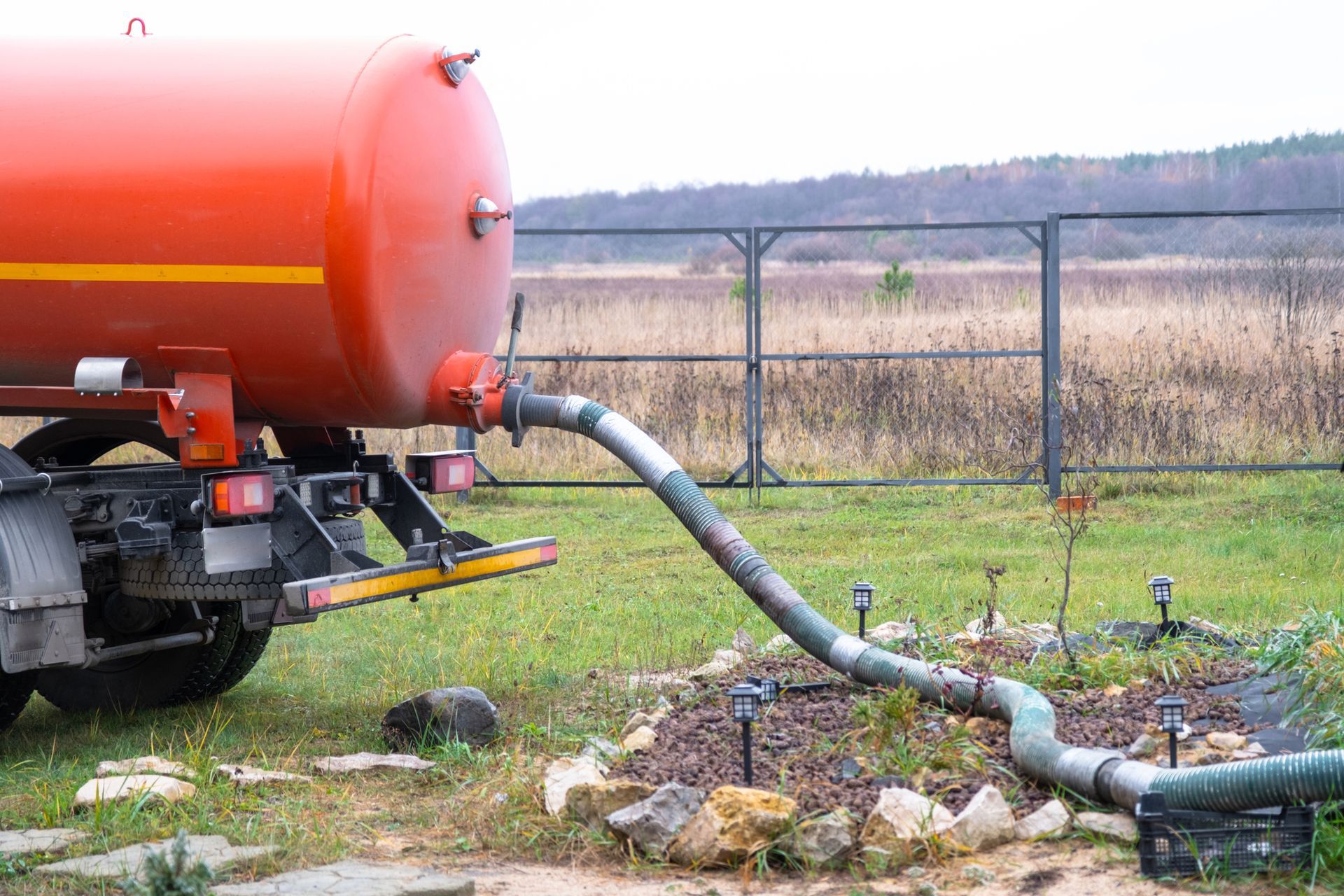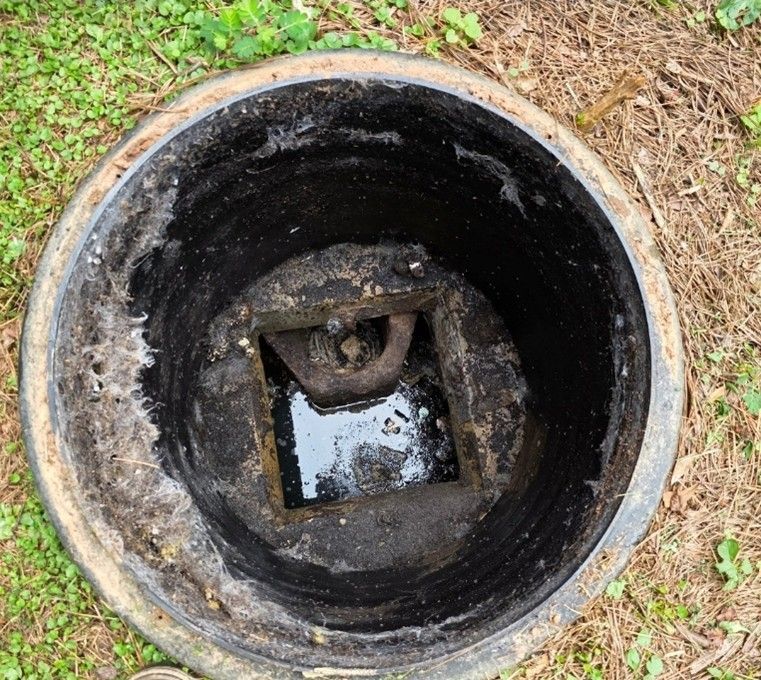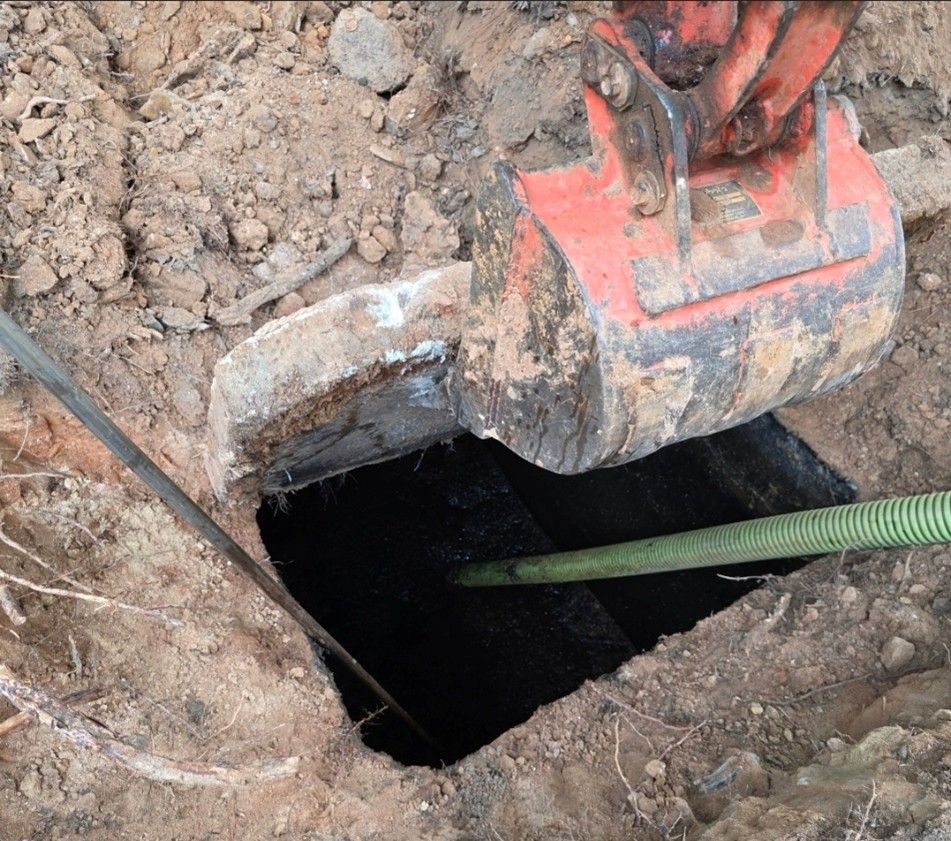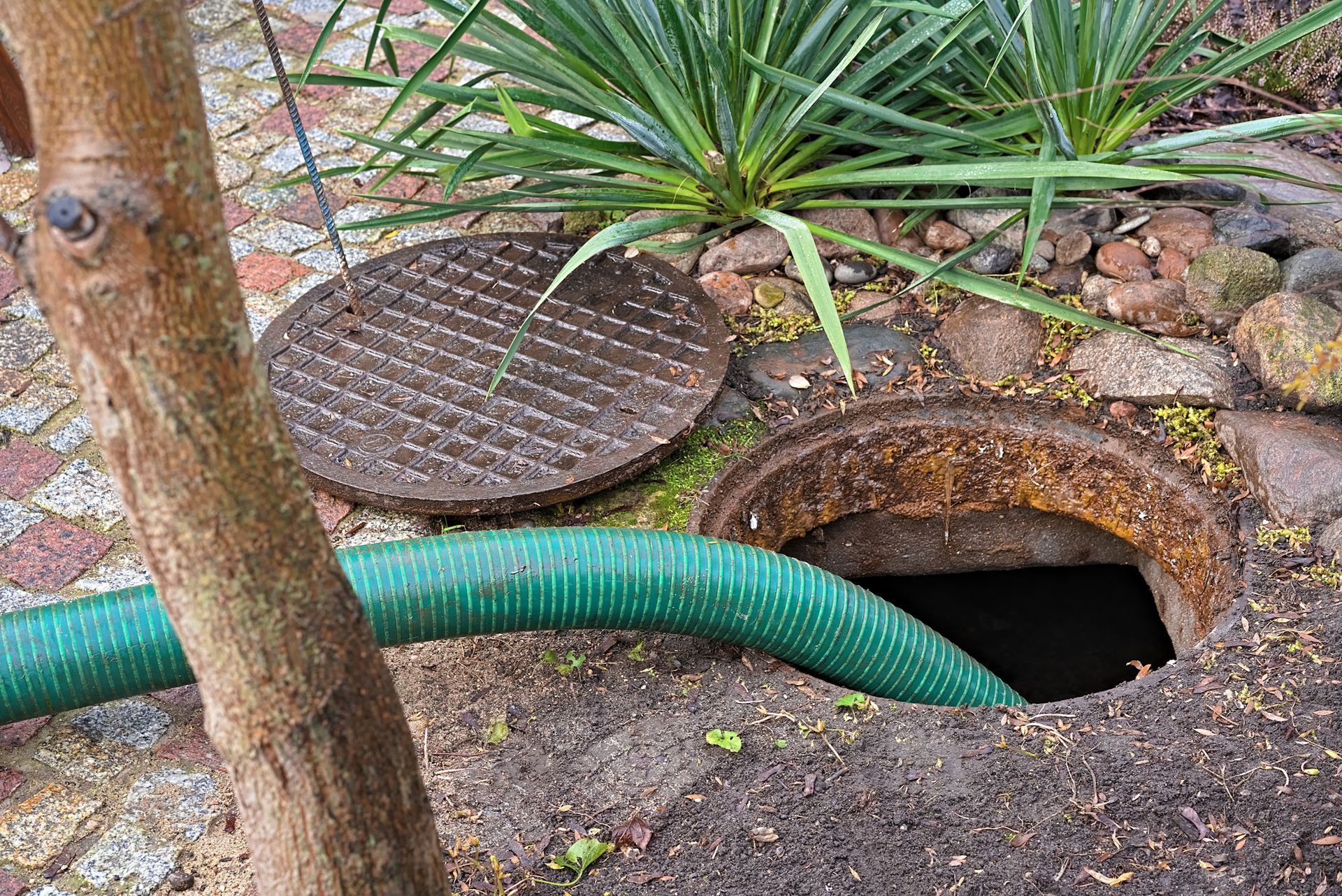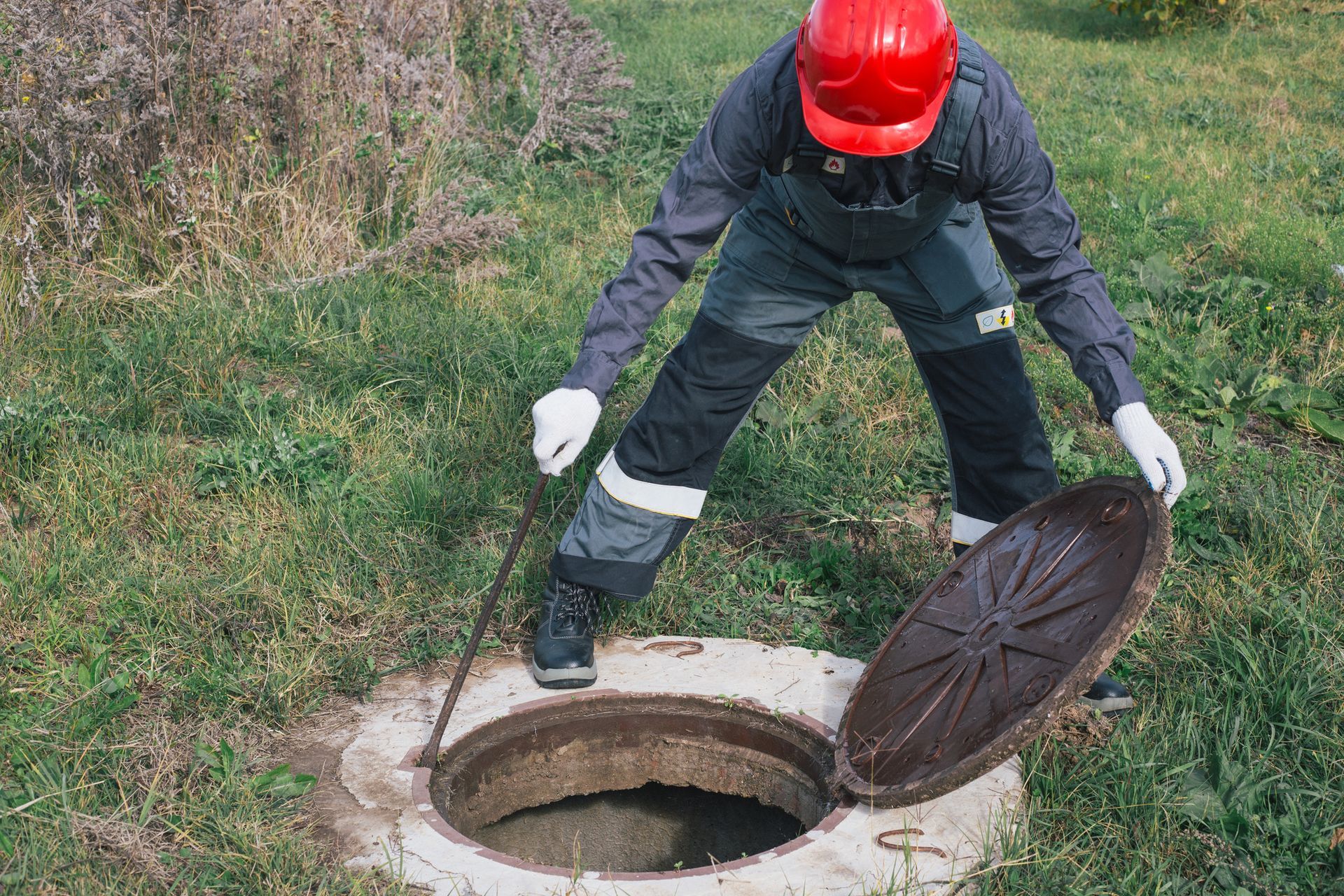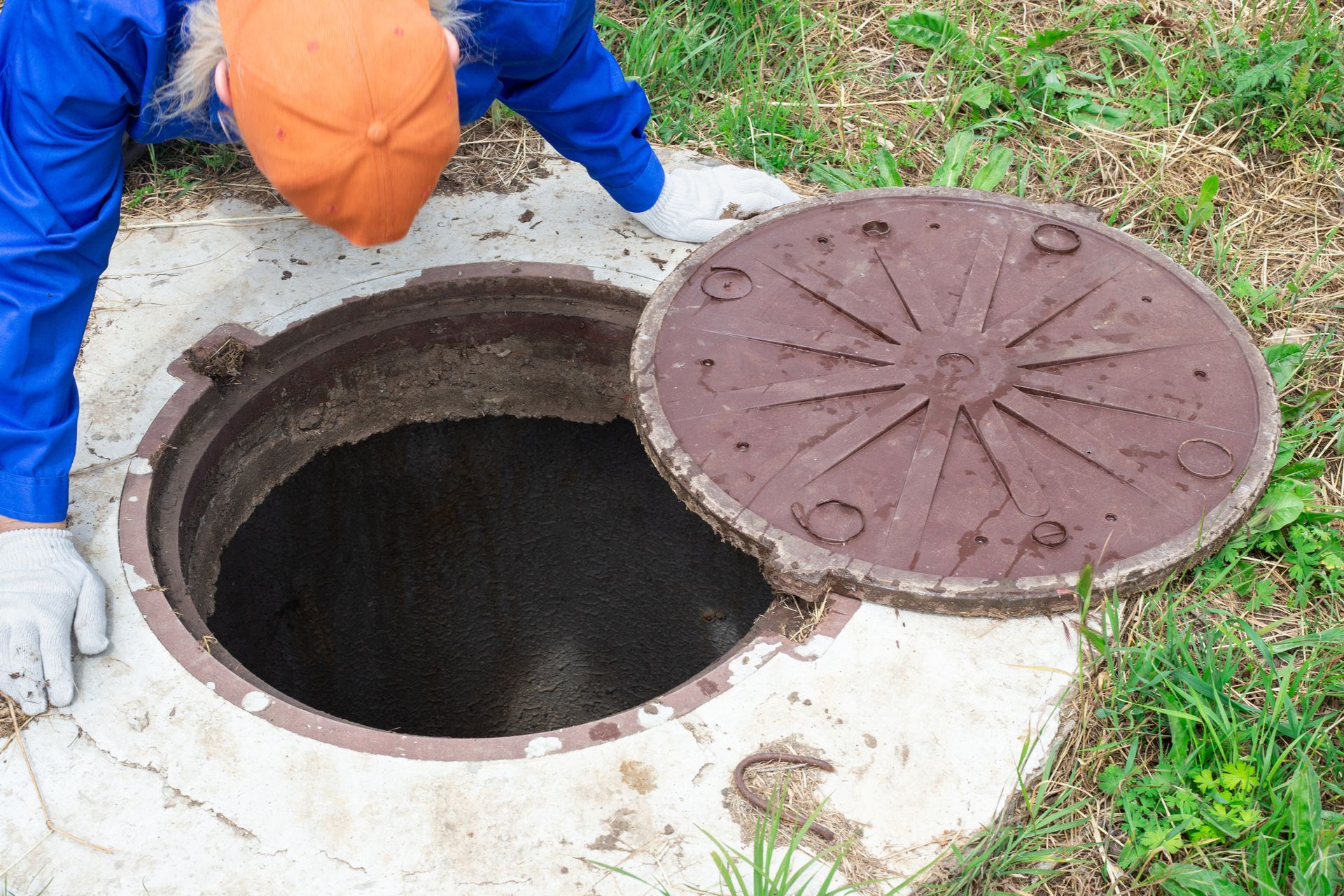3 Reasons for Frequent Septic System Backups

Septic backups can be a huge inconvenience to deal with, not to mention the health and safety dangers involved. Sewage may find its way back to your plumbing fixtures, appearing as dark, murky water. If you don't see any sewage backup, the strong sewer odor may be hard to miss.
You shouldn't ignore your suspicions if you notice the signs of a sewage backup in your toilets, sinks, or bathtubs. If your system often shows any signs of backups, such as slow drains or gurgling in the toilets or drains, the following three reasons might explain why that happens.
1. Intrusive Tree Roots
Roots from the trees closest to your drain lines can become a huge menace if the roots invade the pipes. Even if you've got no trees in your yard, adventurous roots from trees in your neighbor's yard can still damage your drain pipes.
Invasive roots may enter the pipes through small cracks in search of nutrients. Sometimes, the roots may be strong enough to create holes in the pipes. The roots soon develop thread-like structures at the ends. Over time, solid waste and debris may get caught up by the invasive threads and create clogs.
The blockages might restrict the smooth flow of wastewater and cause pressure buildup behind the clog. With nowhere else to go, the sewage may end up backing up into your toilets and sinks. You may also notice several slow drains in different parts of your house.
Your septic system expert could use high-pressure water jets to destroy the invasive roots and prevent further growth. If the root growth is too advanced, your technician might choose to replace entire pipes instead. Luckily, frequent septic inspections can usually prevent such extensive repairs that result from intrusive roots.
Invasive roots may enter the pipes through small cracks in search of nutrients. Sometimes, the roots may be strong enough to create holes in the pipes. The roots soon develop thread-like structures at the ends. Over time, solid waste and debris may get caught up by the invasive threads and create clogs.
The blockages might restrict the smooth flow of wastewater and cause pressure buildup behind the clog. With nowhere else to go, the sewage may end up backing up into your toilets and sinks. You may also notice several slow drains in different parts of your house.
Your septic system expert could use high-pressure water jets to destroy the invasive roots and prevent further growth. If the root growth is too advanced, your technician might choose to replace entire pipes instead. Luckily, frequent septic inspections can usually prevent such extensive repairs that result from intrusive roots.
2. Blocked Septic Filter
Most septic tanks have outlet filters that prevent solid waste from overloading your drainfield. Without them, excess solid waste may enter your drainfield. The drainfield may soon stop being effective at treating the effluent from your septic system.
Unfortunately, the in-built septic tank filters can accumulate debris and get blocked over time. If people are flushing products other than toilet paper and effluent, blockages are even more likely to happen, but even solid waste could cause a blockage if enough accumulates on the filter.
Because the filters are designed to only allow liquid waste through, you might notice that your drainfield is unusually dry if the filter is clogged and that the effluent levels inside the tank may always be high. Soon, the tank won't have enough room to accommodate more waste from your home. You may experience frequent backups in your drains and other plumbing fixtures.
Your septic expert might first inspect your system to ensure that the problem is only with your tank's filter. Wastewater could suddenly rush out when your technician removes the filter if a blockage exists. They could suggest a replacement if the filter is too degraded.
Unfortunately, the in-built septic tank filters can accumulate debris and get blocked over time. If people are flushing products other than toilet paper and effluent, blockages are even more likely to happen, but even solid waste could cause a blockage if enough accumulates on the filter.
Because the filters are designed to only allow liquid waste through, you might notice that your drainfield is unusually dry if the filter is clogged and that the effluent levels inside the tank may always be high. Soon, the tank won't have enough room to accommodate more waste from your home. You may experience frequent backups in your drains and other plumbing fixtures.
Your septic expert might first inspect your system to ensure that the problem is only with your tank's filter. Wastewater could suddenly rush out when your technician removes the filter if a blockage exists. They could suggest a replacement if the filter is too degraded.
3. Harsh Chemicals
Anaerobic bacteria inside your septic tank are crucial in breaking down incoming solid waste. These bacteria can withstand dark, low-oxygen surroundings but can die when they come into contact with harsh household chemicals.
Strong detergents, pesticides, harsh drain cleaners, and antifreeze are a few examples of such ruthless chemicals. Although small amounts may not seem too destructive, the chemicals may build up over time if you continue flushing them down your drains.
As a result, the anaerobic bacteria population could decrease significantly. Without enough bacteria to break down the solid waste, your tank could fill up much quicker since the untreated solid waste takes up more room. Soon, incoming waste will have nowhere to go and can instead flow back up your system.
Avoid washing down harsh chemicals, bleach, or detergent down your drains to ensure better septic health. Instead of using harsh drain cleaners to unclog your drains, ask your septic technician for help to avoid making things worse. The septic technician often has recommendations of safe and non-toxic chemicals to use instead.
Our septic system technicians at Bowen's Septic Tank are always happy to help if you have frequent septic backups. Contact us today to schedule a thorough system inspection.
Strong detergents, pesticides, harsh drain cleaners, and antifreeze are a few examples of such ruthless chemicals. Although small amounts may not seem too destructive, the chemicals may build up over time if you continue flushing them down your drains.
As a result, the anaerobic bacteria population could decrease significantly. Without enough bacteria to break down the solid waste, your tank could fill up much quicker since the untreated solid waste takes up more room. Soon, incoming waste will have nowhere to go and can instead flow back up your system.
Avoid washing down harsh chemicals, bleach, or detergent down your drains to ensure better septic health. Instead of using harsh drain cleaners to unclog your drains, ask your septic technician for help to avoid making things worse. The septic technician often has recommendations of safe and non-toxic chemicals to use instead.
Our septic system technicians at Bowen's Septic Tank are always happy to help if you have frequent septic backups. Contact us today to schedule a thorough system inspection.
